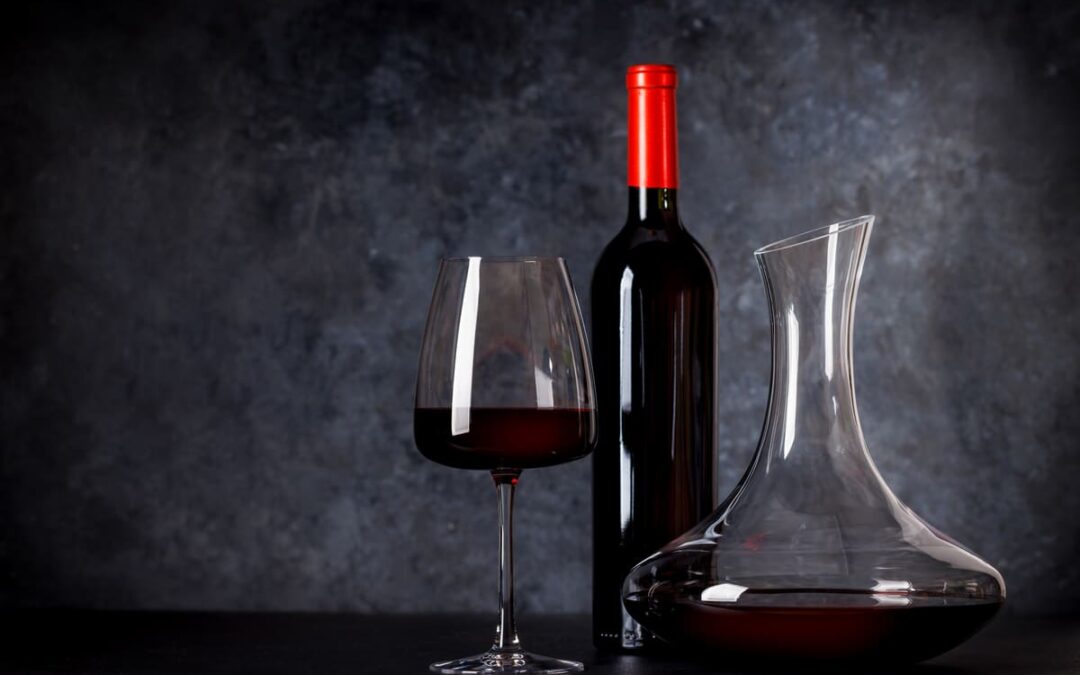As you become more involved in the art and science of winemaking, you will naturally become more aware of the benefits of wine aging and storing. The expert winemaker has extracted the juices from the fruit, added and taken away various components, and is now ready to store the product to evolve into its fermented, tasty self.
The aging and storage will change the wines in many ways, creating certain differences that will make the wine special and unique. The differences are most recognizable in the end.
Purpose of Wine Aging
Wine aging is an art practiced for thousands of years. Placing new wine in barrels for an extended time allows the wines to develop and integrate their natural flavors to create a more complex and harmonious profile.
For red wines, time in storage tends to soften the high tannin levels present at first, mellowing these to create a smoother, more acceptable texture.
Wines Most Suitable for Aging
Red wines, often ones with higher levels of tannin, are typically most suitable for extended aging. Wines like Cabernet Sauvignon, Merlot, Zinfandel, Pinot Noir, and others benefit from aging and will develop more notable flavors.
Some white wines also benefit from aging. Chardonnay and Chenin Blanc, for example, age well, particularly if they have experienced barrel fermentation or extended skin contact during the process.
Factors that Influence the Aging Potential
While the benefits of the aging process vary considerably among the varietals, certain grape types tend to require more or less aging. This is due to the varying levels of acidity in the grapes plus the presence of tannins and sugar. These factors determine how well the wine will age and for how long. Note that wines with higher acidity and tannin levels will tend to age more gracefully.
A wine’s aging potential can be affected by the winemaker’s techniques. The use of oak, specific fermentation vessels, and other winemaking practices will affect the wine’s aging potential.
Best Cellaring Conditions
Aging in a cellar requires careful observation. The temperature of the storage area should always be kept consistent and cool between 50-59° with a relative humidity of around 60-70%.
Darkness is also a benefit since light exposure can degrade the wine.
In centuries past, winemakers sought out natural caves where these conditions were omnipresent, while today’s carefully controlled storage areas are more often created and used.
How Long Do You Age Wines?
Wines are generally produced in three categories: short-term, medium-term, and long-term. By design and type, winemakers produce wines that mature at different times, ranging from short-release wines that gain little from longer storage to much more sophisticated wines that benefit from years of storage
Often, the winemaker may show the wine’s storability somewhere on the label. Buyers may see “drink now” or “cellar for 5-10 years.” Check out the reviews and tasting notes for each wine to determine the best storage time.
Storing at Home
When storing at home, monitor the bottles regularly. It is important to make sure there is no leakage, cork issues, or spoilage. Rotate the bottle frequently to prevent sediment settlement and ensure consistent aging.
Decant When Serving
A long-aged wine can develop sediment over time that can be separated before serving. Aerating the wine will also introduce oxygen that “opens up” the wine to reveal the marvelous aromas and flavors.
Visit Scott Harvey Wines in Glorious Amador County
An industry leader, Amador County’s Scott Harvey Wines is an ideal escape from the crowds and activity of Napa and Sonoma Counties. Producing wines from nearby high-elevation vineyards, this winery is setting new standards of excellence.
Join is at any of our three comfortable and visually fascinating Tasting Rooms at our Shenandoah Valley Winery, the historic Sutter Creek Tasting Room, and our beautiful Old Sugar Mill Tasting Room on the Sacramento Delta.
Visit the Scott Harvey website for more information about our winery, make your reservations, and learn about the benefits of becoming a Griffin Society Wine Club Member.
Phone our winery at 209-245-3670 for information or reservations. Our host will be pleased to help you.

